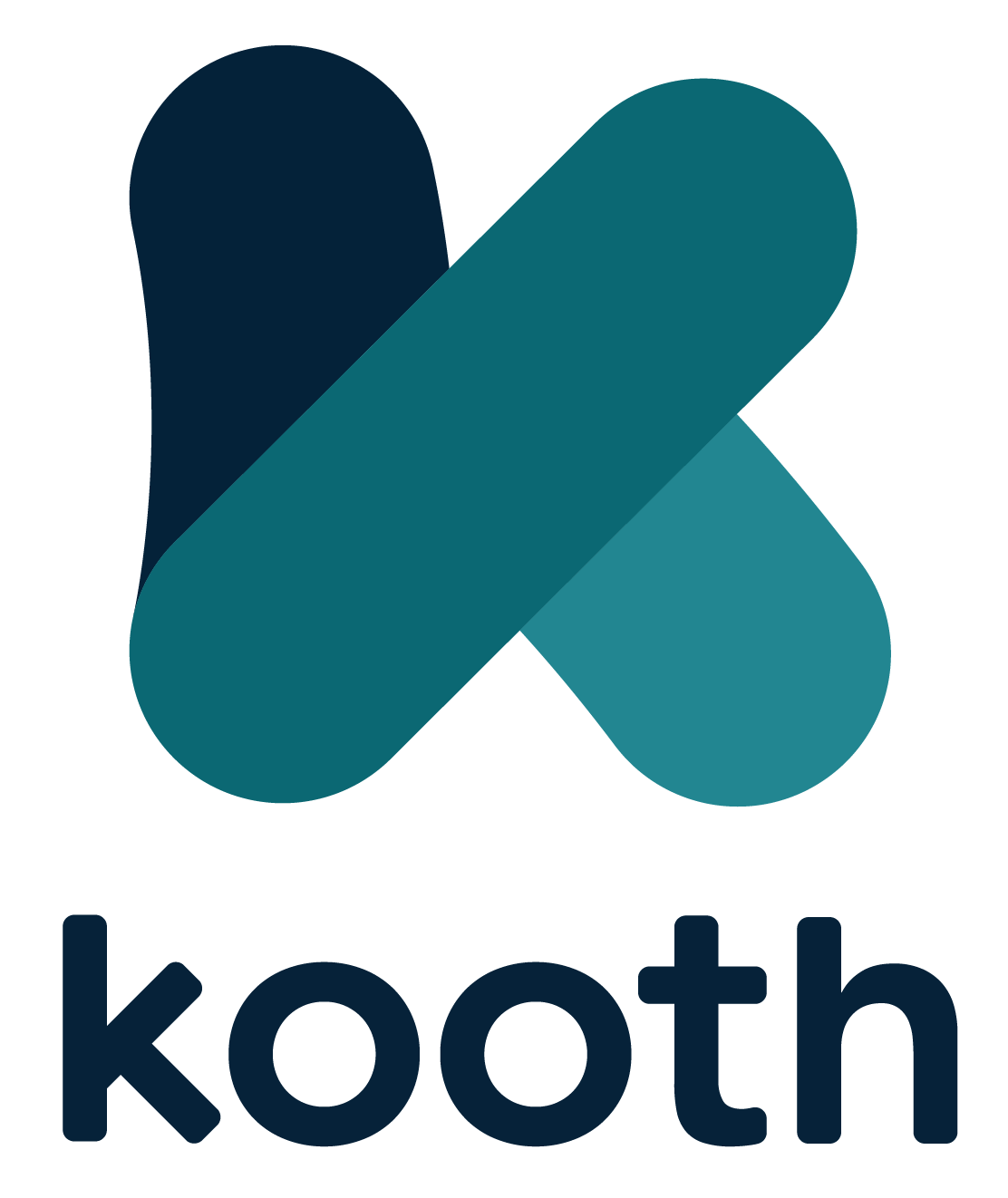Accounting
Why study Accounting?
A qualification in accounting will always be helpful – whether it’s used professionally or personally
A Level Accounting helps students to understand the responsibilities of the accountant and the impacts of their recommendations on the business and wider environment
Students will build knowledge and understanding of key concepts, principles and techniques that they can apply to real-life scenarios, developing the ability to solve problems logically, analyse data methodically, make reasoned choices and communicate effectively
A Level Accounting allows students to develop quantitative data analysis and interpretation skills, whilst the inclusion of ethics and an emphasis on management accounting will give students the confidence to communicate information to non-accountants and future clients
AQA have worked with ICAEW and CIMA, as well as teachers and universities during the development of the specification allowing students to gain core knowledge of financial accounting as well as cost and management accounting
The Course
The course content includes:
- An introduction to the role of the accountant in business
- Types of business organisation
- The double entry model
- Accounting concepts used in the preparation of accounting records
- Preparation of financial statements of sole traders
- Limited company accounts
- Analysis and evaluation of financial information
- Budgeting
- Standard costing and variance analysis
- Accounting for organisations with incomplete records
- Partnership accounts
- Interpretation, analysis and communication of accounting information
- The impact of ethical considerations
A Level Accounting emphasises both financial accounting and the recording of past events and management accounting as a means of planning and decision making. Students will develop an understanding of the principles of ethical behaviour which informs the actions of all those working within an accounting environment
Students should demonstrate a good understanding of the double entry model and accounting principles and concepts as these form the foundation of all financial accounting techniques. They will also need to demonstrate quantitative skills that are relevant. Students will be expected to demonstrate knowledge of the formulae used for calculations, carry out calculations and use the results of calculations to inform judgements, solve problems and make decisions. Students focus on developing their ability to write effectively so that they can report to stakeholders, making logical arguments and providing sound judgements based on analysis of available evidence taking account of the financial and non-financial factors
Students should keep up-to-date with financial news including announcements concerning the performance of leading UK businesses, including the examination of their published accounts.

Programme of Study
Examinations at the end of Year 13, consisting of:
2 written exams, each 3 hours long and worth 120 marks
Each examination paper will consist of three compulsory sections:
- Section A has 10 multiple choice questions and several short answer questions. The section is worth 30 marks
- Section B has two structured questions each worth 20 marks
- Section C has two extended answer questions each worth 25 marks
Skills gained by studying A Level Accounting includes:
- Recording transactions using double-entry bookkeeping, verifying the accuracy of the bookkeeping and correcting any errors
- Preparing financial statements for sole traders and limited companies, including recording adjustments, by applying knowledge of accounting concepts
- Calculating and interpreting accounting ratios
- Analysing and evaluating business performance using accounting techniques to interpret financial information
- Developing a logical and methodical approach to problem solving through the analysis and evaluation of financial and management information
- Preparing, analysing and evaluating budgets, including the calculation and interpretation of variances
- Preparing information using costing techniques to enable managers to make decisions
- Presenting and communicating accounting information numerically, graphically and in written form, so that it can be understood by non-accountants and can be used by stakeholders for decision making purposes
- Analysing and evaluating projects through the application of capital investment appraisal measures
- Preparing financial statements for partnerships and businesses with incomplete records
- Preparing information to enable managers to plan, control and make decisions using a range of accounting techniques such as absorption costing, activity based costing and marginal costing
- Evaluating the benefits and limitatioms of management accounting systems and techniques in providing information to enable managers to plan, control and make decisions
- Preparing statement of cash flow
- Evaluating the benefits and limitations of financial reporting in communicating information to a range of stakeholders to enable them to reach informed opinions about the organisation
- Analysing situations to identify ethical considerations and suggesting appropriate actions
Quantitative skills gained in studying A Level Accounting
In order to develop their skills, knowledge and understanding in accounting students need to acquire competence in the quantitative skills that are relevant and which are applied in the context of A Level Accounting including:
- Calculate, use and understand ratios and fractions
- Calculate, use and understand percentages and percentage changes
- Calculate cost, revenue, profit and break-even
- Calculate investment appraisal outcomes and interpret results
- Calculate and apply payback and net present value including the use of discounting techniques
- Calculate and interpret variances
- Calculate total product cost and selling price using activity based costing and absorption costing
- Interpret, apply and analyse information in written, graphical and numerical forms
- Use and interpret quantitative and non-quantitative information in order to make decisions
Career Options
Students choose various pathways after completing A Level Accounting, many continue with their studies at university, whist others gain employment or undertake higher level apprenticeships in accounting firms. Examples of destinations include KPMG, PWC, Disneyland Paris, Bath University, Queen Mary University, and LSE
Management Accountant
Starting Salary £28,000
Management accountants are responsible for managing a company’s finances. They look after a company’s accounts. They also find ways of improving profitability and growth
To do this job you will need to have good maths and computer skills, you will also need to be accurate and pay attention to detail and have good communication skills
Accounting Technician
Starting Salary £17,000
As an accounting technician you would deal with accounting and finance matters in all types of businesses. In larger companies you would work as part of an accounts team. In a smaller firm you might be responsible for dealing with all wages and invoices.
If you enjoy working with numbers and you are interested in business and finance, this career could be ideal for you
Accounts Clerk – Bookkeeper
Starting Salary £16,000
Accounts clerks, also known as finance clerks or bookkeepers work in all types of businesses and organisations, keeping financial records up-to-date and helping to prepare accounts
If you are an organised person with a head for figures and have good computer skills, this could a a job that you would really enjoy
Chartered Accountant
Starting Salary £30,000 as a Graduate, when fully qualified £85,000
Chartered accountancy offers a prestigious career with lots of opportunity for progression and high earning potential
As a chartered accountant you'll give advice, audit accounts and provide trustworthy information about financial records. This might involve financial reporting, taxation, auditing, forensic accounting, corporate finance, business recovery and insolvency, or accounting systems and processes
Chartered accountants work in a range of organisations, including public practice firms and industry and commerce, as well as in the not-for-profit and public sectors. Working strategically, your aim is to maximise profitability on behalf of your client or employer
Stock Broker
Starting Salary £40,000
If you can handle a fast-paced and challenging financial environment, using your excellent communication, negotiation and analytical skills, working as a stockbroker may be the career for you
Stockbrokers are individuals who buy and sell stocks and other securities for retail and institutional clients, through a stock exchange or over the counter, in return for a fee or a commission
As a stockbroker, you'll need to:
- keep up to date with the latest financial and tax legislation
- stay informed of the latest financial news to understand the movements in the market and the causes of change
- carry out specific market research and analysis
- write reports and newsletters summarising the market research you have completed
- proactively look for clients, sell your services and manage those relationships
- regularly update your clients on the state of their portfolio and new investment opportunities
- give presentations to clients at conferences and networking events
- be honest and provide all information, including risks. As a broker you cannot exaggerate or provide misleading information






